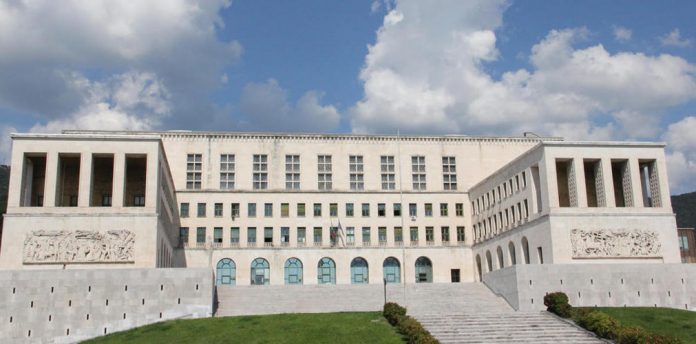by EH
In a groundbreaking initiative, researchers at the University of Trieste and the Monzino Cardiology Center in Milan have embarked on an ambitious project to develop a revolutionary RNA-based drug aimed at regenerating the heart muscle after a myocardial infarction. The European Union has endorsed the project, known as RESCUE, with a significant investment of 1.5 million euros, underscoring the potential impact of this innovative research.
The RESCUE project, short for “Bridging the Gap Between Cardiac Regeneration and Revascularization,” seeks to address a critical challenge in cardiology: the need to simultaneously regenerate cardiac muscle and promote vascularization in the aftermath of a heart attack. For years, advancements in cardiac regeneration and angiogenesis have progressed in parallel, often without intersecting. This project aims to unite these two vital processes.
Serena Zacchigna, a professor of molecular biology at the University of Trieste and director of the cardiovascular biology laboratory at the International Centre for Genetic Engineering and Biotechnology (ICGEB), is at the helm of this international collaboration. “To repair a heart damaged by an infarction, we need to form both new cardiac muscle and new blood vessels,” she explained. “With the RESCUE project, we aim to bridge this gap by developing a new biological drug containing two RNA molecules that can regenerate the heart and promote vascularization simultaneously.”
The international research team, comprising experts from Italy, Spain, the Netherlands, Slovakia, and Turkey, has already identified promising RNA molecules that stimulate both cardiac muscle cell proliferation and the formation of new blood vessels, including small capillaries and larger arteries. Over the next three years, they will test various combinations of these molecules to determine the most effective formulation. This innovative approach will be the first to combine two biological molecules in a single drug, demonstrating their synergistic potential.
The University of Trieste, the only Italian institution leading one of the seventeen projects selected by the CARDINNOV initiative, will coordinate the study. The Monzino Cardiology Center IRCCS in Milan, under the guidance of Prof. Giulio Pompilio, will play a crucial role. Prof. Pompilio, the scientific director of Monzino and an alternate delegate at the Committee for Advanced Therapies (CAT) of the European Medicines Agency (EMA), highlighted the project’s significance. “Myocardial infarction remains a leading cause of death,” he said. “While recent research has produced RNA drugs targeting infarction risk factors, no therapies currently stimulate heart repair. We anticipate that in the coming years, more RNA-based drugs will be available for treating heart diseases.”
The RESCUE project also includes notable contributions from the National Center for Cardiovascular Research (CNIC) in Madrid, the University of Utrecht, Lokman Hekim University in Ankara, the Slovak Academy of Sciences, and the patient advocacy group PLN Foundation. The latter will focus on educating patients and caregivers about new RNA therapies.
The European Union’s ERA4Health partnership is promoting the project, with over 600,000 euros allocated to Italy through the Ministry of Universities and Research and the Ministry of Health. This funding supports collaboration among European and international research institutions, fostering therapeutic innovation in priority health areas.





























